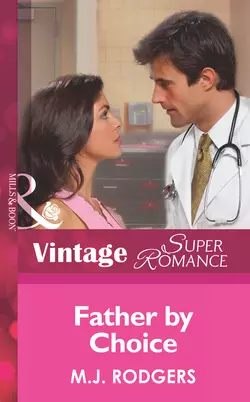Father By Choice

M.J. Rodgers
Тип: электронная книга
Жанр: Современные любовные романы
Язык: на английском языке
Стоимость: 458.46 ₽
Статус: В продаже
Издательство: HarperCollins
Дата публикации: 16.04.2024
Отзывы: Пока нет Добавить отзыв
О книге: Emily Barrett wants a baby in her life–not a husband.And that′s the reason she went to a sperm bank. Through some detective work she′s able to work out who the donor is, but she doesn′t ever plan to reveal to Dr. Brad Winslow that he′s about to become a father.Yet when the two are forced to work together to solve a century-old mystery with a modern-day twist, Emily begins to wonder if she should revise her life plan.